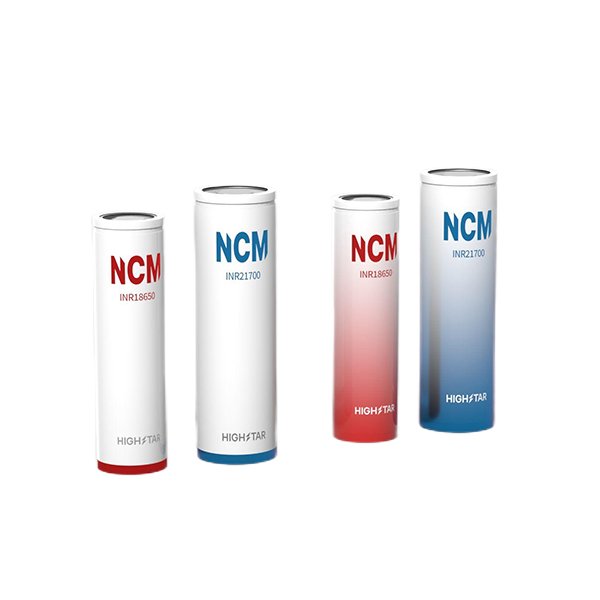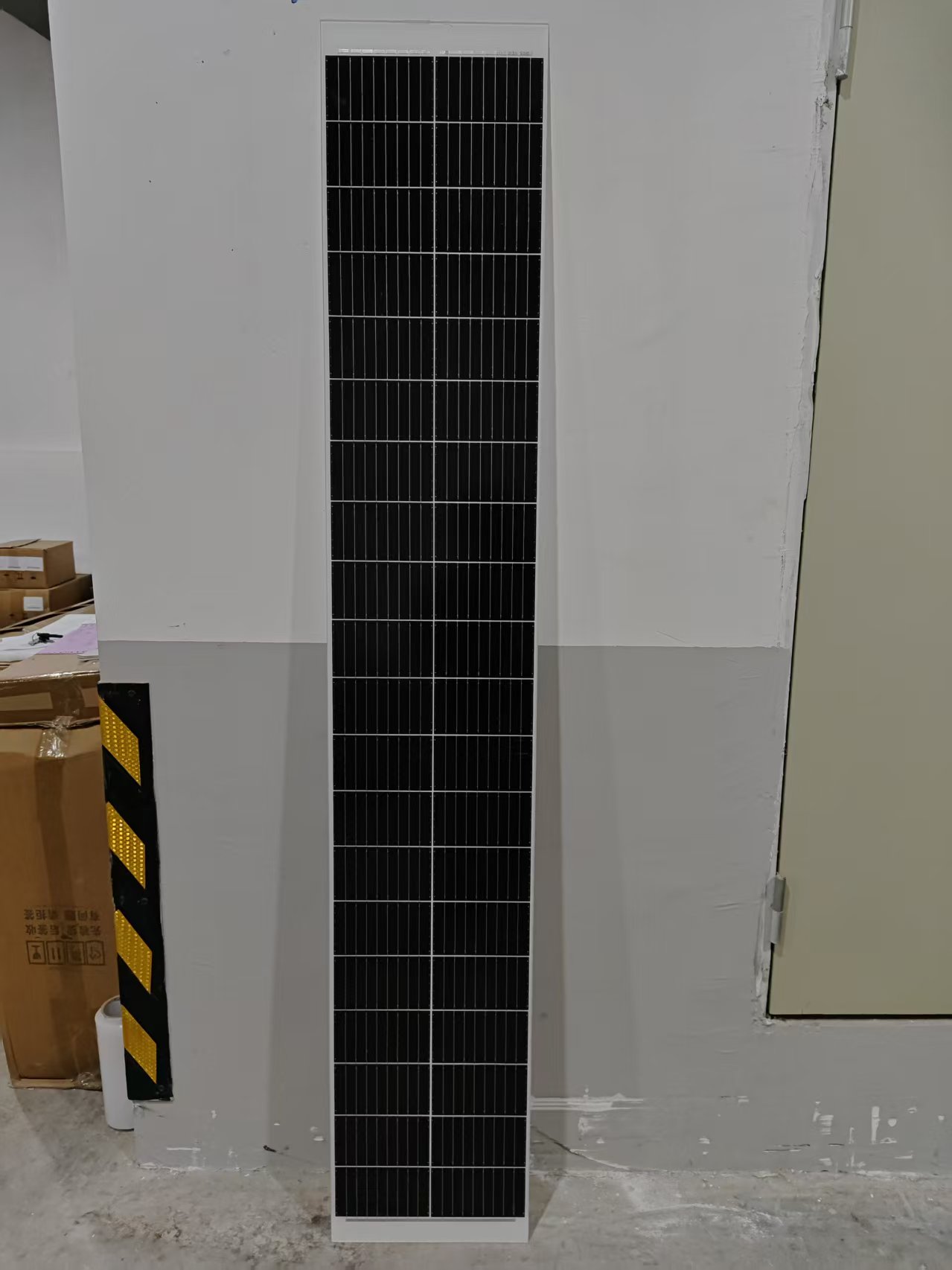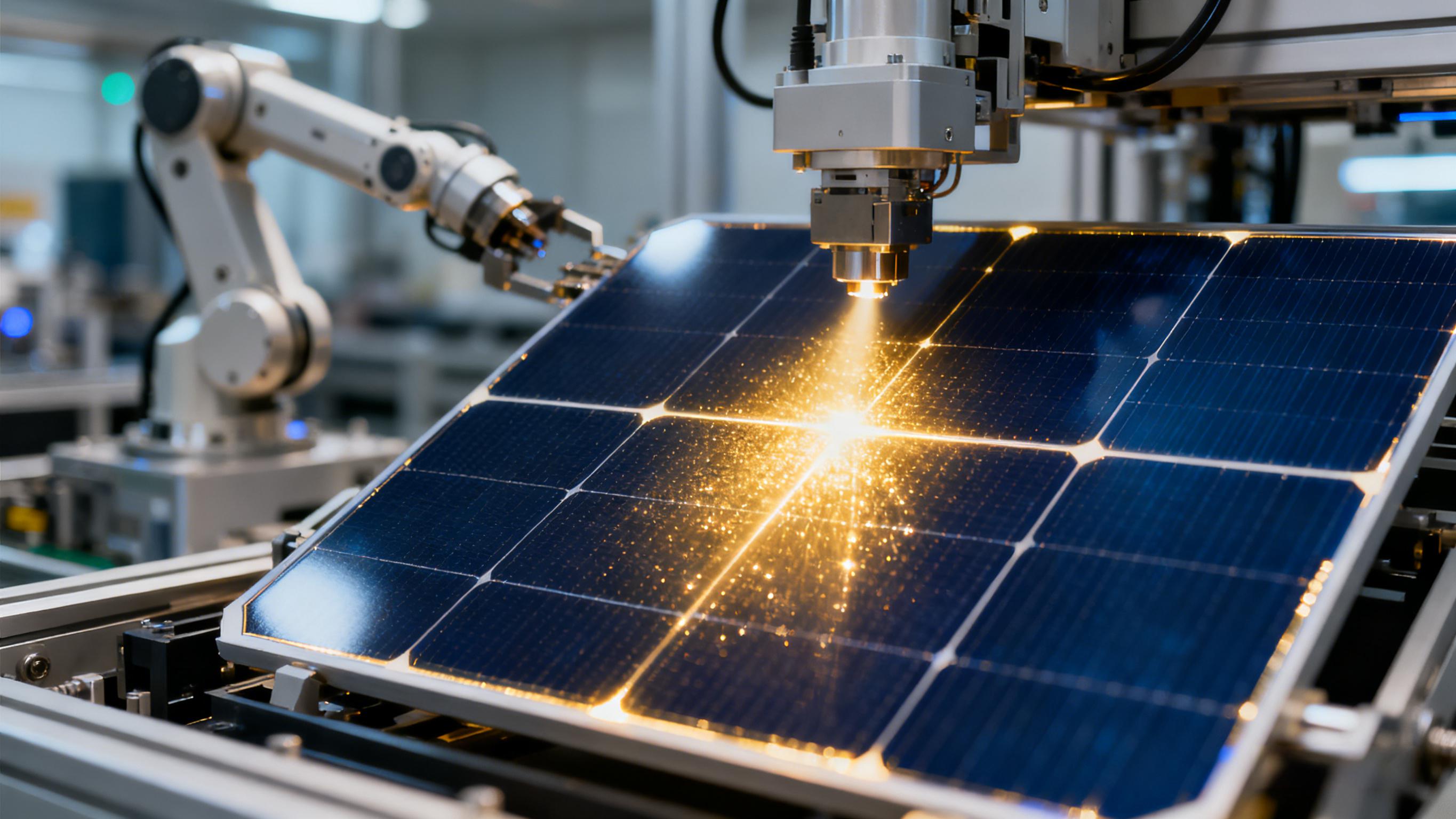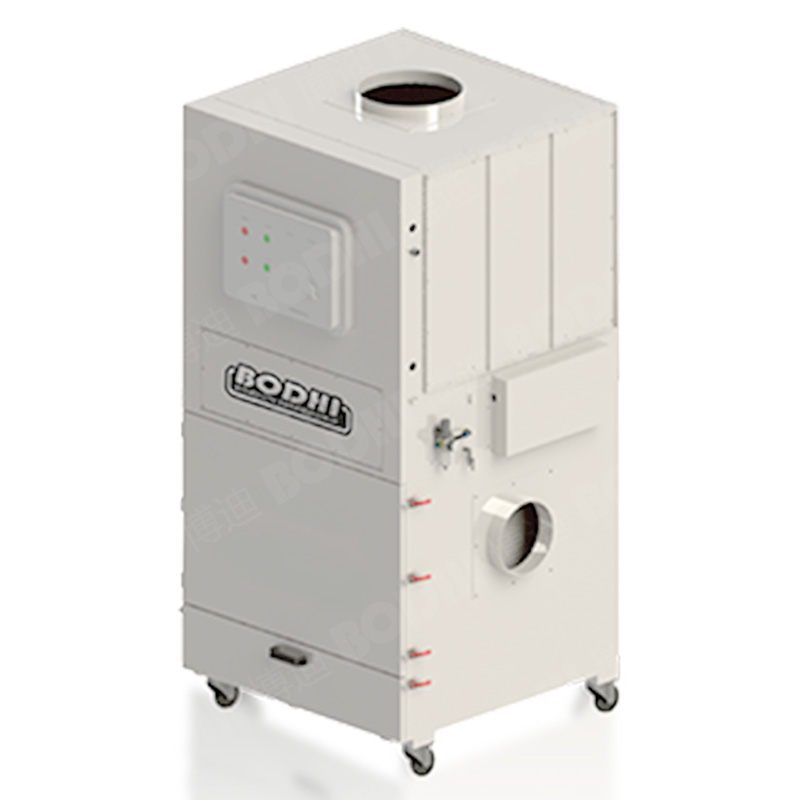When it comes to choosing the right material for watch faces, smartphone screens, or eyeglasses, the debate often centers around the durability and scratch resistance of various types of glass. Among these, mineral glass is a popular choice due to its balance of affordability and performance. However, a common question arises: how easily does mineral glass scratch? In this article, we will delve into the properties of mineral glass, compare it with other materials, and provide practical insights for consumers and manufacturers alike.
Understanding Mineral Glass
Mineral glass, often referred to as hard glass, is a type of glass that is produced through the melting of silica and other minerals. It is commonly used in the production of watch crystals and other applications where transparency and durability are required. The manufacturing process involves heating the raw materials to high temperatures, resulting in a solid, transparent material that is more resistant to shattering than traditional glass.
Scratch Resistance: The Mohs Scale
To assess how easily mineral glass scratches, we must first understand the Mohs scale of mineral hardness, which ranges from 1 (talc) to 10 (diamond). Mineral glass typically falls around 5 to 6 on this scale, indicating that it can resist scratches from softer materials but is vulnerable to harder substances. For instance, materials such as quartz (7 on the Mohs scale) can easily scratch mineral glass, while softer materials like copper (3) or aluminum (2.5) will not.
Comparing Mineral Glass with Other Materials
- Acrylic (Polycarbonate): Acrylic is often touted for its lightweight and shatter-resistant properties. However, it is significantly softer than mineral glass, ranking around 3 on the Mohs scale. This means that while acrylic may not shatter as easily, it is more prone to scratching, making it less ideal for applications where clarity and longevity are paramount.
- Sapphire Crystal: Sapphire crystal is the gold standard for scratch resistance, ranking a solid 9 on the Mohs scale. It is virtually impervious to scratches from everyday materials. However, its high cost and brittleness make it less suitable for all applications. For luxury watches and high-end smartphones, sapphire is often preferred despite its price.
- Tempered Glass: Tempered glass is another contender, known for its strength and resistance to impact. While it can be treated to enhance scratch resistance, it typically ranks around 5 to 6 on the Mohs scale, similar to mineral glass. The choice between tempered glass and mineral glass often comes down to the specific application and desired properties.
Real-World Implications
In practical terms, the scratch resistance of mineral glass means that it can withstand everyday wear and tear, such as being placed on a table or coming into contact with keys. However, it is advisable to avoid exposing mineral glass to harder materials, such as sand or metal objects, which can lead to scratches. For consumers, this means that while mineral glass is a reliable choice for many applications, it is essential to handle items with mineral glass carefully to maintain their clarity and aesthetic appeal.
Maintenance Tips for Mineral Glass
To prolong the life of mineral glass and minimize scratches, consider the following maintenance tips:
- Use a Screen Protector: For devices like smartphones, applying a screen protector can provide an additional layer of defense against scratches.
- Regular Cleaning: Use a microfiber cloth to clean mineral glass surfaces, avoiding abrasive materials that could cause scratches.
- Proper Storage: Store items with mineral glass in padded cases or compartments to prevent contact with harder objects.
Conclusion
In summary, while mineral glass offers a commendable balance of affordability and durability, it is not entirely scratch-proof. Understanding its position on the Mohs scale and comparing it with other materials can help consumers make informed decisions based on their specific needs. By taking proper care and employing preventive measures, users can enjoy the benefits of mineral glass while minimizing the risk of scratches. As technology continues to evolve, the quest for the perfect glass material remains a dynamic field, but for now, mineral glass stands as a reliable choice for many applications.






